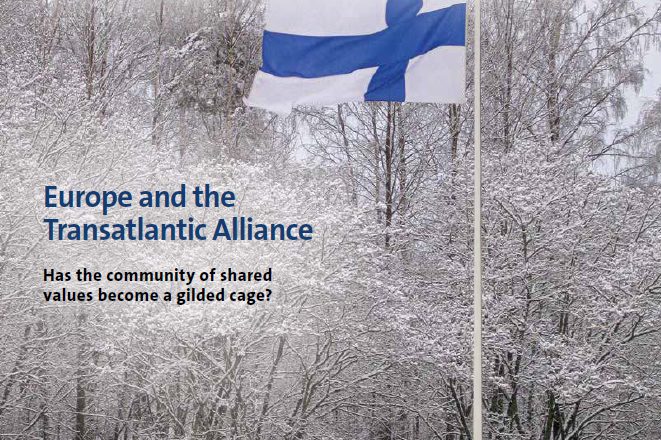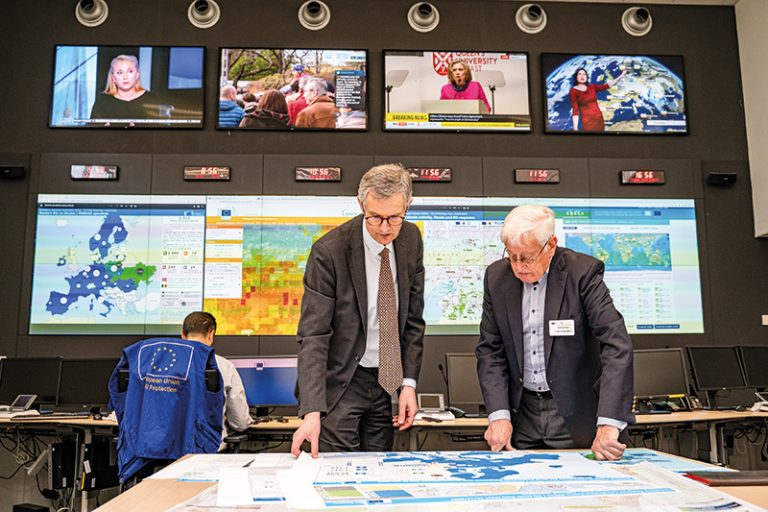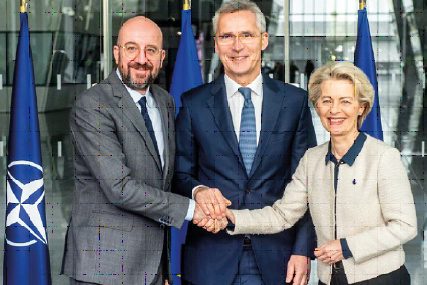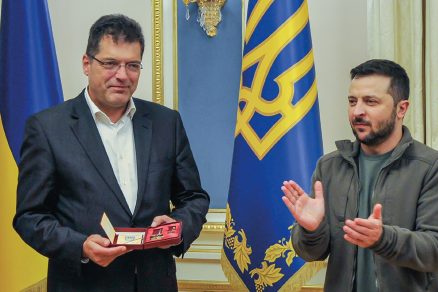Issue No. 49
Dear Readers, Edition N°49 of our magazine is published at a time when wars are edging closer to us and people are worrying about security and peace. We decided to put the focus of this edition on Europe and the Transatlantic Alliance, and cooperation in civil protection. There is no doubt that the Transatlantic Alliance…






























































































































































































































































